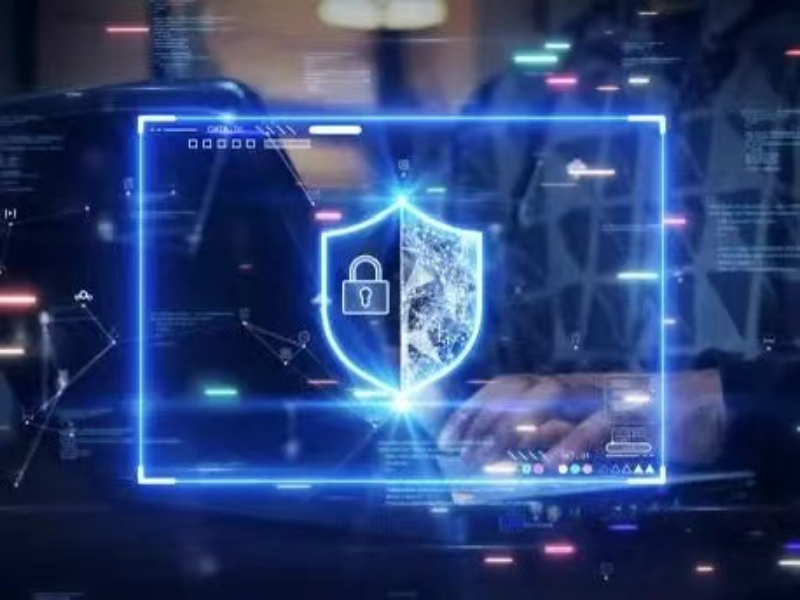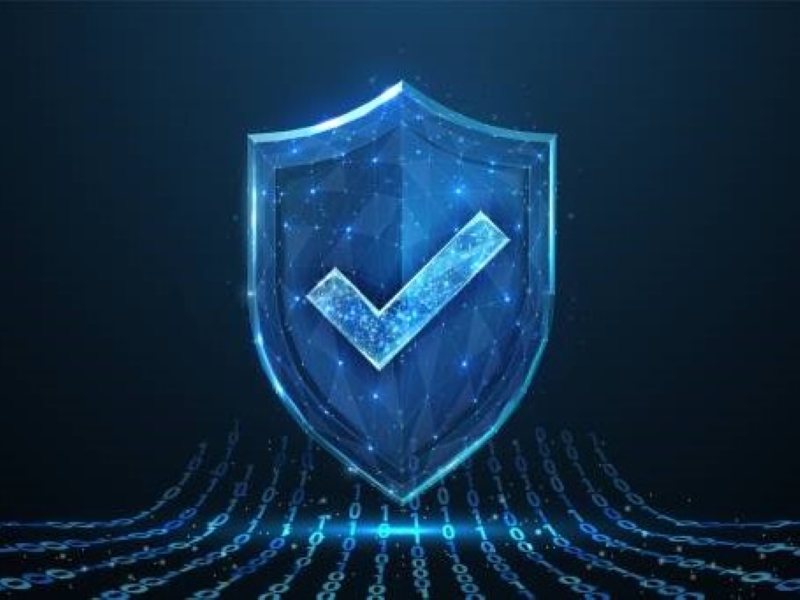- Internet security certificates, also known as SSL/TLS certificates, encrypt data and authenticate website identities to ensure secure online communication
- They protect user data, boost SEO rankings, and are essential for building trust and regulatory compliance in the digital age
In the digital age, online security is paramount. Whether you’re shopping online, managing sensitive data, or simply browsing, internet security certificates play a crucial role in keeping your activities private and secure. But what are they, and why do they matter?
Also read: Understanding untrusted connections and their security risks
Also read: Recommended security protocol for network address translation
What are internet security certificates?
Internet security certificates, commonly referred to as SSL (Secure Sockets Layer) or TLS (Transport Layer Security) certificates, are digital credentials that authenticate a website’s identity and enable secure, encrypted communication between the website and its users.
Think of an internet security certificate as a virtual passport for a website. It assures visitors that the site is legitimate and protects any data exchanged, such as login credentials, personal information, or payment details. These certificates transform a website’s URL from HTTP to HTTPS, where the “S” signifies “secure.”
When you visit a secure site, you’ll see a padlock icon in the address bar, signaling that the website uses a valid SSL/TLS certificate to safeguard your data.
Why do internet security certificates matter?

- Data Protection: The primary function of an internet security certificate is to encrypt the data transmitted between a user’s browser and the website server. Encryption scrambles the data so that even if it is intercepted, it cannot be read by unauthorized parties. This is especially crucial for financial transactions, login pages, and any platform handling sensitive user information.
- Authentication and Trust: SSL/TLS certificates verify that a website is genuine and not an imposter created to steal personal information (a common tactic in phishing attacks). This builds trust with users, as they feel confident sharing their data when they see the padlock icon or the HTTPS prefix.
- Improved SEO Rankings: Internet security certificates can also boost a website’s visibility online. Search engines like Google prioritize secure websites in their rankings, meaning HTTPS sites are more likely to appear higher in search results. This makes security certificates an essential tool for businesses looking to increase web traffic.
- Regulatory Compliance: For organizations operating in industries like healthcare, finance, or e-commerce, SSL/TLS certificates are often necessary to meet data protection regulations. Failing to use encryption could result in hefty fines and legal liabilities.
- Enhanced User Experience: Modern browsers like Chrome and Firefox warn users when they visit unsecured HTTP sites. These warnings often deter visitors from proceeding, leading to lost traffic and reduced credibility for the website. Having a security certificate ensures users won’t face these warnings, creating a seamless experience.
How do internet security certificates work?
When a browser connects to a secure website:
- The browser requests the site’s SSL/TLS certificate.
- The certificate provides the site’s public key and confirms its authenticity through a trusted Certificate Authority (CA).
- The browser and the server establish an encrypted session, ensuring that all data exchanged is private.
How can you get an internet security certificate?
Acquiring an SSL/TLS certificate is straightforward. Businesses can purchase certificates from trusted providers like DigiCert, GlobalSign, or Let’s Encrypt (a free option). The certificate must be installed on the website’s server, after which it becomes active.

